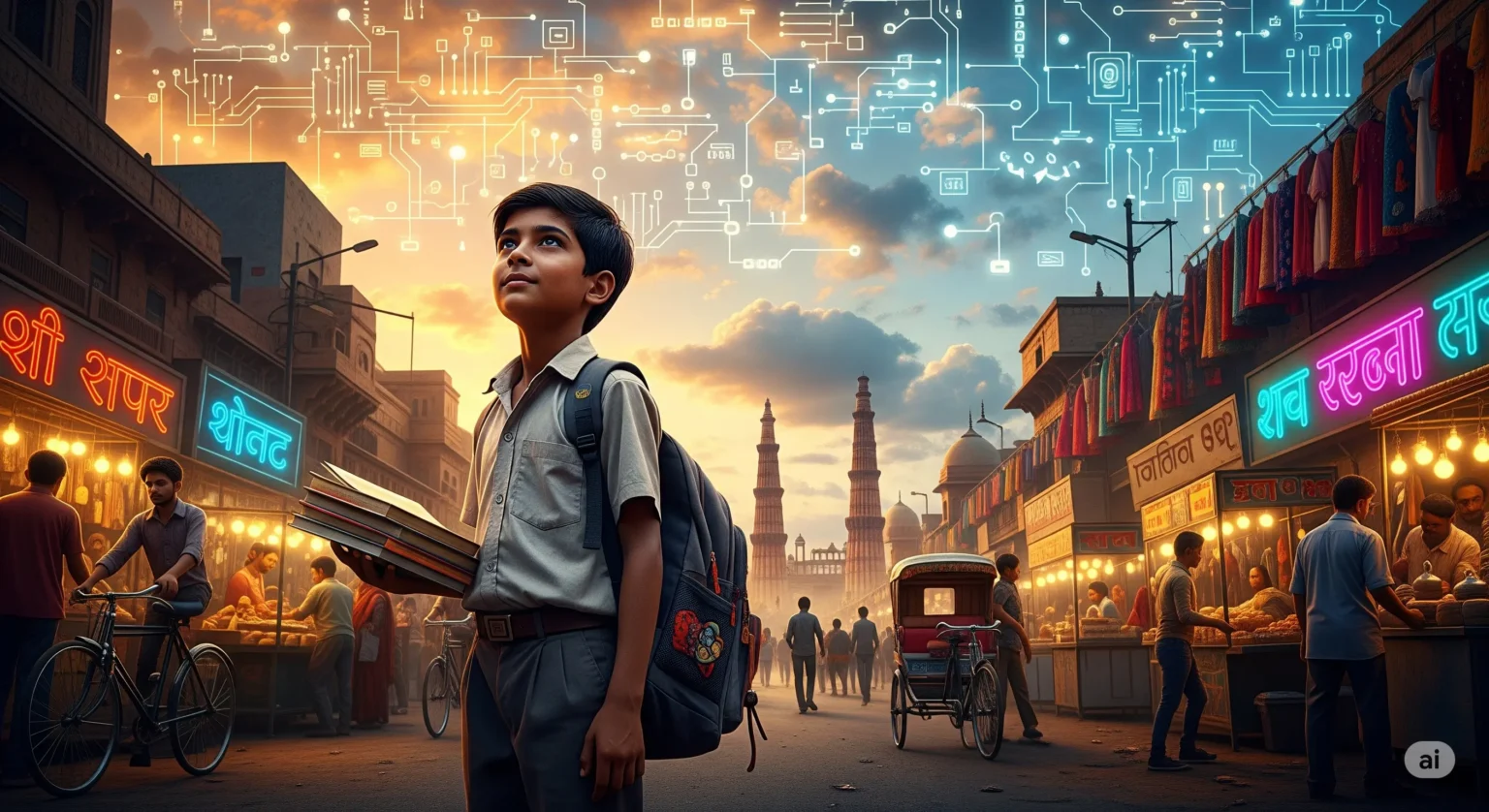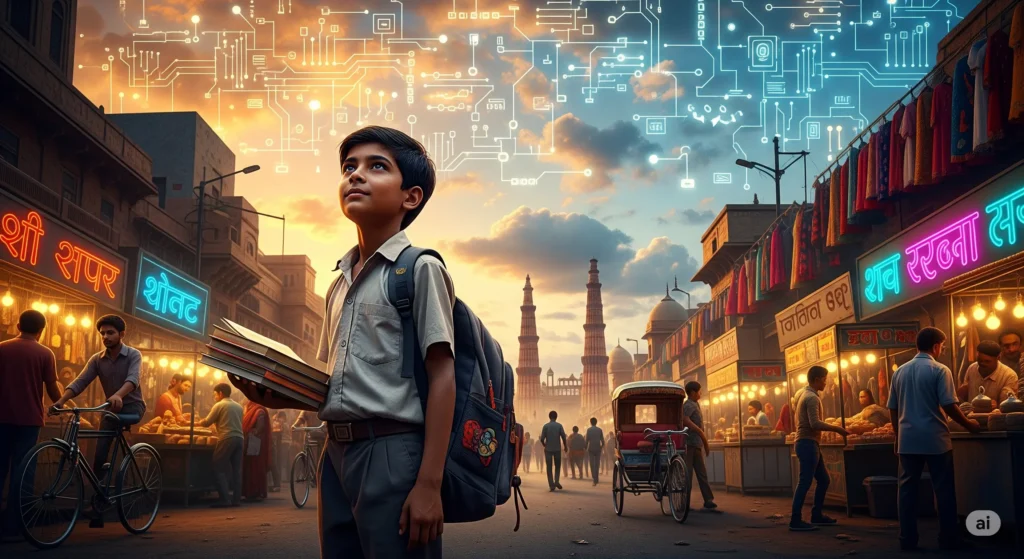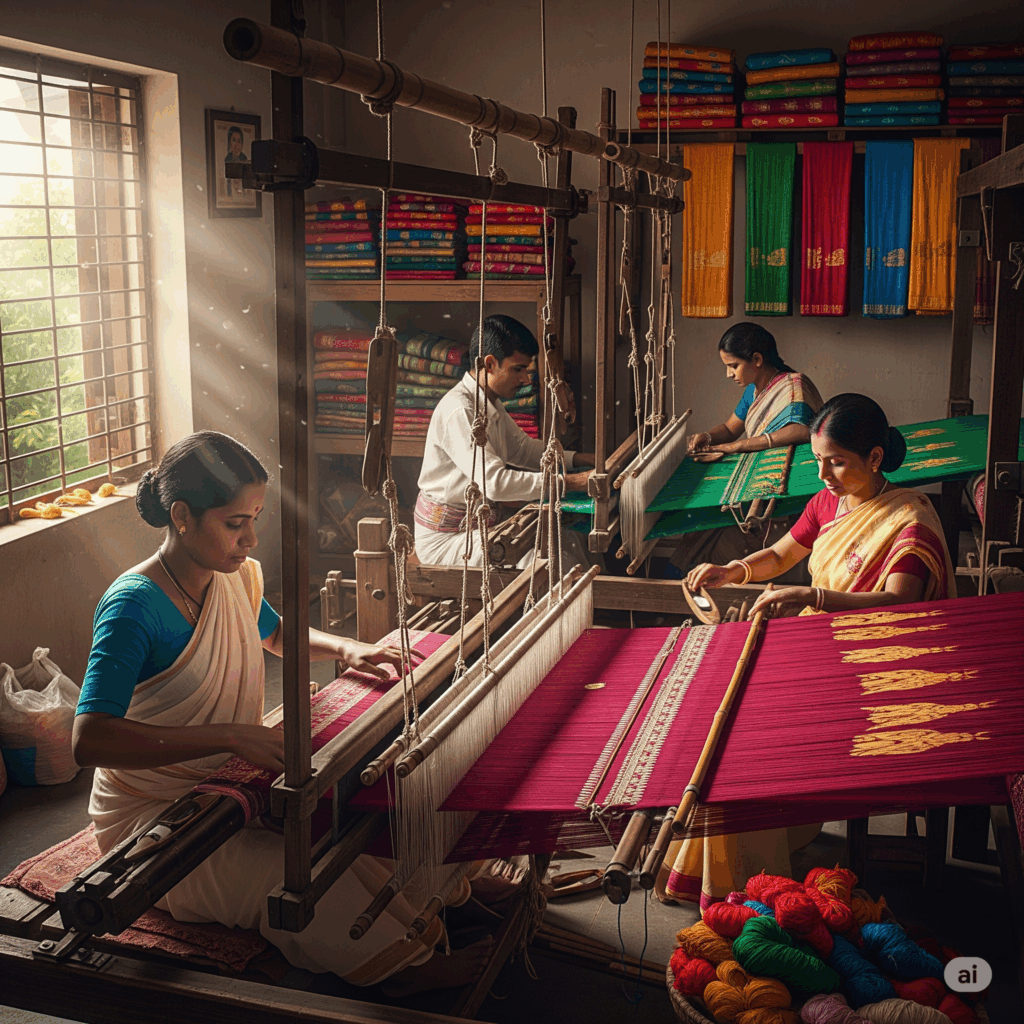In the bustling lanes of Delhi, where the rickshaw horns blend with street vendors’ calls and ancient monuments brush against modern tech hubs, a young boy was learning lessons that no classroom could teach. Aditya Agarwal, born into a typical middle-class family, would one day shape the way millions across the globe collaborate digitally. But his journey began far from Silicon Valley’s gleaming campuses—it began amidst Delhi’s chaos, complexity, and quiet struggles.
Childhood Amid Constraints and Curiosity
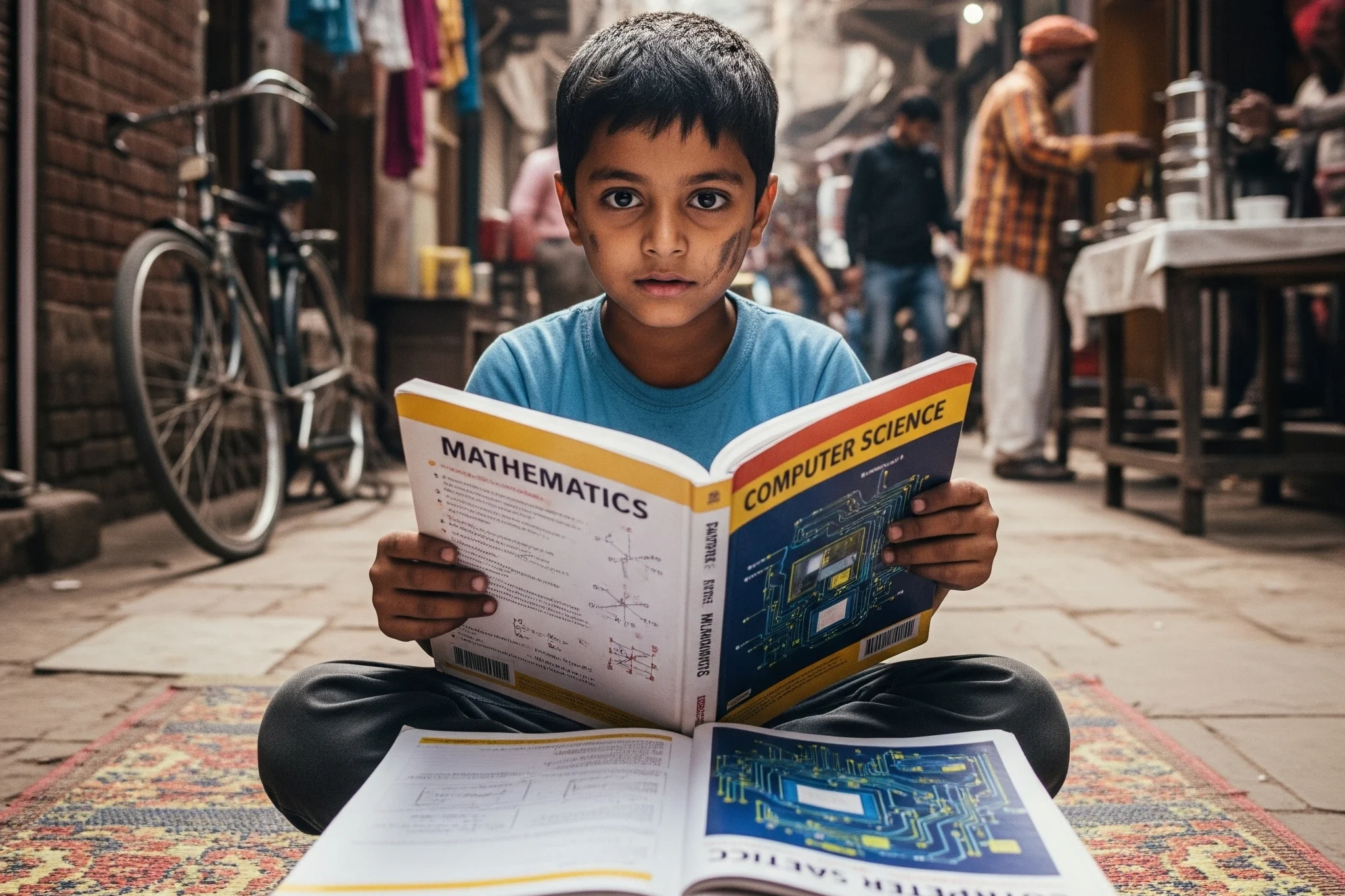
Aditya was raised in an environment where opportunity was not handed freely. His parents emphasized education above all else, and life required discipline, resourcefulness, and perseverance. There were no private tutors at every turn, no elite tech gadgets to spark curiosity; every achievement was the product of relentless effort. His home was one where problems were puzzles, not obstacles, a mindset that would later guide him in solving some of the most intricate engineering challenges in cloud computing.
Growing up in Delhi’s congested neighborhoods meant navigating crowded streets, limited spaces, and scarce resources. Agarwal himself has reflected on those years, noting that early exposure to a city brimming with energy but lacking in order helped him “learn to see patterns where others only saw noise” and to “adapt to any environment quickly.” The constant hum of Delhi, the push and pull between history and modernity, instilled in him a duality: a respect for the foundational and an excitement for the novel.
Despite the challenges, Agarwal’s curiosity flourished. He devoured books on mathematics and computer science, often borrowing volumes from school libraries or older siblings. These early self-directed learning habits, formed under constraints, fostered a deep independence of thought. He learned that perseverance mattered more than immediate success—a lesson that would become vital in his later years navigating the highly competitive corridors of Silicon Valley.
Academic Strides: IIT Delhi and the American Horizon
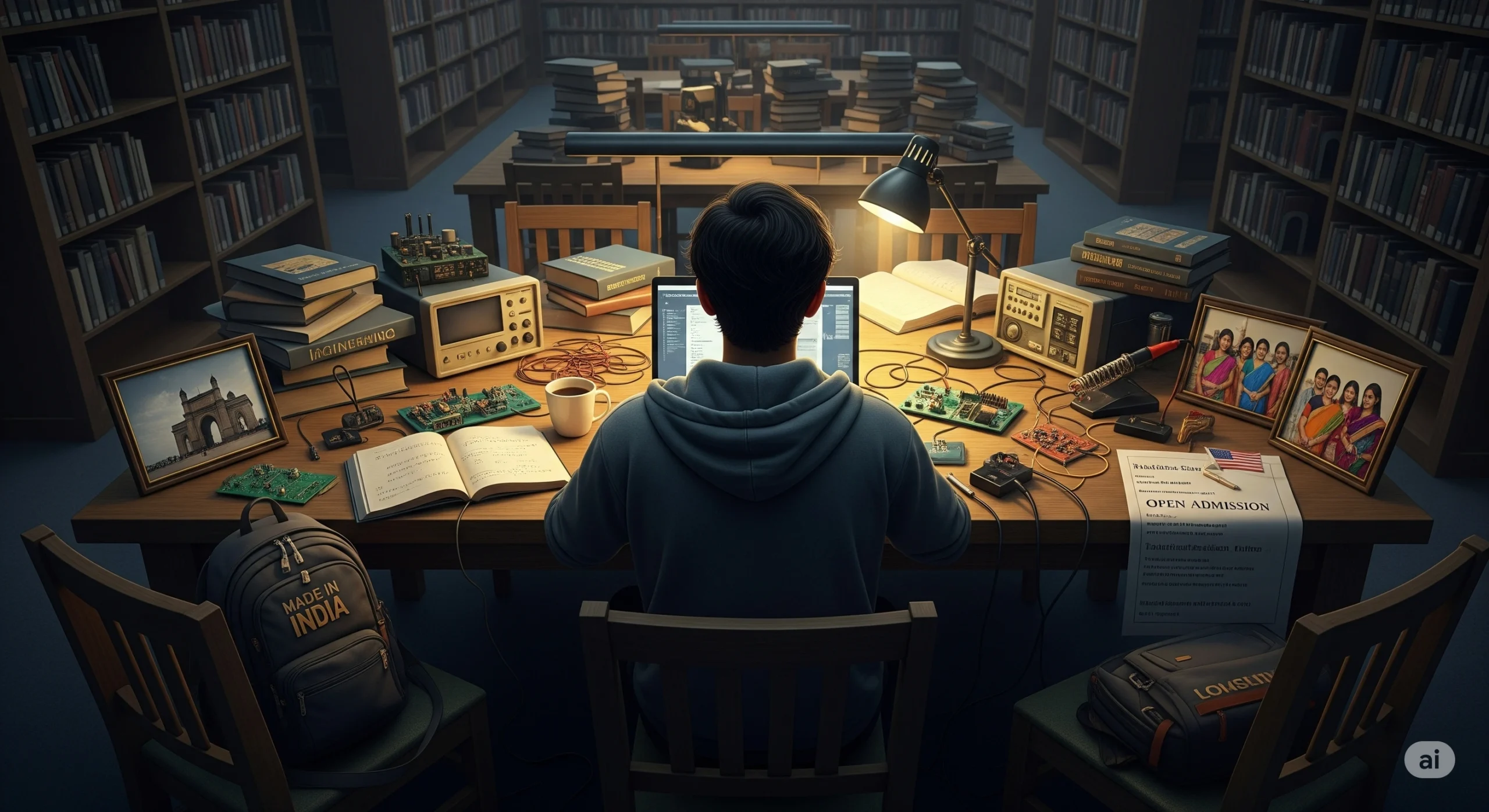
Aditya’s aptitude for problem-solving propelled him through India’s notoriously demanding academic system. He earned admission to the Indian Institute of Technology Delhi (IIT Delhi), one of India’s premier engineering institutions. But entering IIT was only the beginning. The competitive environment, with peers equally driven and bright, tested not just intellect but resilience. He had to navigate late-night projects, scarce lab resources, and the pressure of ranking systems that could define one’s future.
At IIT Delhi, Agarwal honed not only his technical abilities but also the collaborative instincts that would define his career. In group projects, he learned the delicate art of balancing leadership with listening—a skill critical in large-scale software engineering and product development. His mentors recall a student who was methodical yet creative, intensely focused yet empathetic to peers struggling to keep pace.
When the opportunity arose to study in the United States, Agarwal faced another set of challenges. Transitioning to Carnegie Mellon University, a global hub of computer science, meant grappling with cultural shifts, academic rigor far beyond what he had experienced in India, and the isolation of being thousands of miles from family. Yet, rather than succumb to self-doubt, Agarwal thrived. He immersed himself in complex systems, algorithms, and engineering challenges, turning initial discomfort into a crucible for growth. “Growth happens at the edge of your comfort zone,” he would later tell aspiring engineers—a philosophy rooted in these formative years.
Early Career in Silicon Valley: Learning by Doing
Entering Silicon Valley, Agarwal found a world where ideas moved at breakneck speed, and execution often mattered more than theory. He joined Oracle, gaining exposure to enterprise-scale systems, and later Facebook, where he navigated social graphs and global platforms. Both experiences deepened his understanding of how large-scale engineering projects are structured, managed, and delivered.
Yet, these roles were more than technical apprenticeships—they were lessons in resilience and adaptability. Agarwal had to prove his capabilities repeatedly, often encountering skepticism as an outsider from India. He later described those early years as “a test of both skill and patience, where understanding the human side of technology was as critical as writing clean code.”
Dropbox: Engineering a Seamless Experience

In 2007, Agarwal joined Dropbox as one of its first engineers, later becoming Vice President of Engineering. The challenge was deceptively simple: make files accessible anywhere, on any device. Yet, the underlying engineering was staggeringly complex. Agarwal’s early struggles in Delhi—working with limited resources, learning independently, and solving puzzles under constraints—prepared him for exactly this kind of problem.
He led the creation of the system’s backend architecture, ensuring reliability and scalability. Dropbox’s seamless sync wasn’t just a technical feat; it was a philosophical one. Agarwal believed technology should be invisible to users, serving them without demanding constant attention. His childhood lessons—patience, observation, and problem-solving—infused every design choice.
Dropbox scaled rapidly, servicing hundreds of millions of users worldwide. But behind the numbers, Agarwal’s focus on mentorship and culture left a lasting imprint. He cultivated teams that valued collaboration, empathy, and innovation, believing that engineers excel when they feel understood and supported. “Great technology begins with understanding human needs,” he often emphasized—a lesson first learned in the constrained yet intellectually vibrant classrooms of Delhi.
Mentorship and Broader Vision
Agarwal’s influence extends beyond code. He has invested in startups, advised young engineers, and contributed to discussions on ethical technology. He emphasizes that engineering is a human endeavor: privacy, inclusivity, and social responsibility are not afterthoughts but integral to design.
His upbringing shaped this philosophy. Growing up in a middle-class home in a complex city, he learned early that the choices one makes affect others. In Silicon Valley, this translated into mentoring engineers not just to be technically proficient but to be thoughtful, ethical innovators.
Bridging Cultures: Delhi Roots, Global Impact

Aditya Agarwal’s journey exemplifies the duality of identity that many Indian engineers navigate: deeply rooted in Indian culture while thriving in global ecosystems. His upbringing taught discipline, curiosity, and adaptability, while his experiences in the U.S. expanded his horizons. The result is a professional who can bridge continents, cultures, and technologies, designing systems that connect people and ideas seamlessly.
Life Beyond the Machine
Outside engineering, Agarwal is introspective, with a love for literature, music, and philosophy. These interests inform his approach to technology, fostering creativity and broad thinking. Friends and colleagues describe him as approachable and thoughtful, someone who balances technical rigor with genuine warmth—a rare combination shaped, perhaps, by the empathy cultivated in childhood.
Reflections on a Life of Quiet Influence

Aditya Agarwal’s story is one of resilience, curiosity, and adaptation. From the crowded lanes of Delhi to the frontiers of global technology, he has leveraged lessons from his childhood—resourcefulness, perseverance, and human-centric thinking—to reimagine collaboration in the cloud.
He once remarked, “Success isn’t about avoiding struggle; it’s about using it to shape your thinking and approach.” This philosophy, learned in the crucible of Delhi’s challenges, continues to guide him and the engineers he mentors.
A Legacy of Subtle Transformation
In an era obsessed with flashy tech founders and headline-making products, Agarwal’s work reminds us that quiet, thoughtful engineering can reshape the world. Dropbox, and the culture he helped build, stands as a testament to the power of empathy-infused innovation. His journey underscores a universal truth: early struggles, if met with curiosity and persistence, can lay the foundation for a career that transforms industries, connects continents, and leaves a lasting mark on society.

